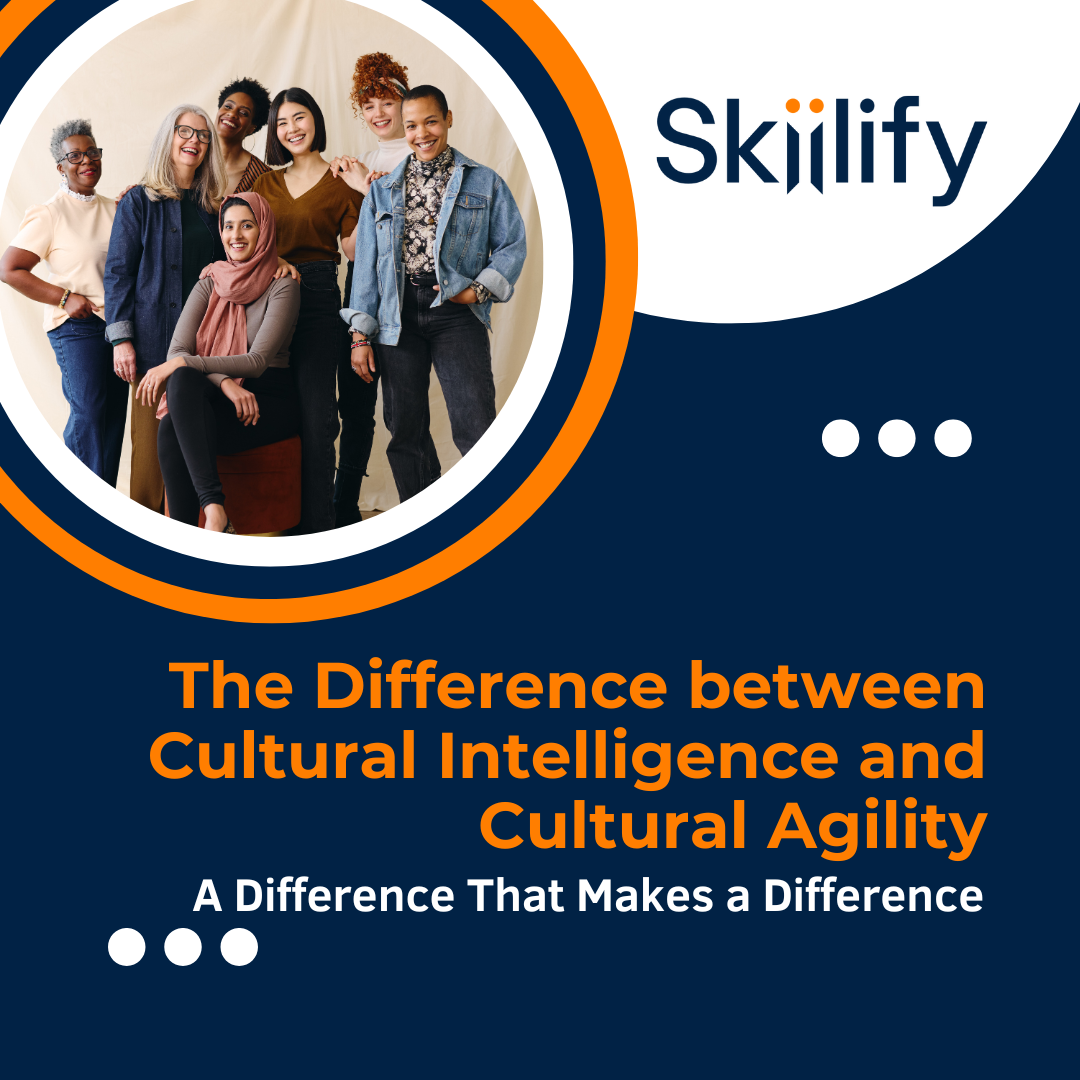
Fostering Soft Skills for a Challenging Future
Soft skills are pivotal for success in a complex, fast-paced, and ever-changing work world. To ready the workforce for the changes to come, leaders need to equip their team members with a new set of soft skills required for adaptability. These soft skills are resilience, relationship-building, humility, perspective-taking, curiosity, and tolerance of ambiguity. Remember, it’s important to respect individual boundaries and work within everyone’s stretch zone. Each person’s journey is unique, and it’s essential to understand that one person’s stretch zone might be to much for another. By leveraging Skiilify’s myGiide, we can provide the tailored tools and support each team member build the soft skills needed for a complex, volatile, ambiguous, and uncertain world, ensuring they achieve their fullest potential.

Soft Skills that Matter:Enhancing Your Career and Personal Growth
Soft Skills that Matter: Enhancing Your Career and Personal Growth LinkedIn’s Global Talent Trends report found that nearly 90% of recruiters believe hiring failures are often due to a lack of soft skills. This isn’t surprising. For over a century, we’ve known a hard fact: that soft skills are crucial for professional success. At Skiilify, we understand that not everyone starts their careers with these essential soft skills. But we know that everyone can develop them. In today’s fast-paced world, employers are looking for people who can easily adapt and connect with others, not just those with technical know-how. Soft skills enable employees and leaders to interact effectively, adapt to various situations, and handle the complexities of modern work life. These skills are vital for career growth and play a huge role in personal development and overall happiness.

The Difference Between Cultural Intelligence and Cultural Agility
David Thomas and his colleagues describe CQ as the ability to adapt effectively to new cultural environments. It means understanding cultural differences and acting in a way that fits those differences.Don’t worry about sounding professional. Sound like you. There are over 1.5 billion websites out there, but your story is what’s going to separate this one from the rest. If you read the words back and don’t hear your own voice in your head, that’s a good sign you still have more work to do.Be clear, be confident and don’t overthink it. The beauty of your story is that it’s going to continue to evolve and your site can evolve with it. Your goal should be to make it feel right for right now. Later will take care of itself. It always does.

Navigating Cultural Differences in International Teams
In today's connected world, it's important to handle cultural differences in international teams. Companies need these diverse teams to innovate, solve problems, and enter new markets. But if cultural differences are not managed well, they can cause misunderstandings and conflicts. I'll share strategies developed through my research for building effective international teams and explain how Skiilify’s online tool, myGiide, can help teams handle cultural differences.
Cultural agility is being able to work effectively in different cultural settings. It means being open-minded, adaptable, and ready to learn from others. People with high cultural agility can easily manage cross-cultural interactions and build strong teams. You can develop cultural agility by understanding different cultural values and building certain skills.
